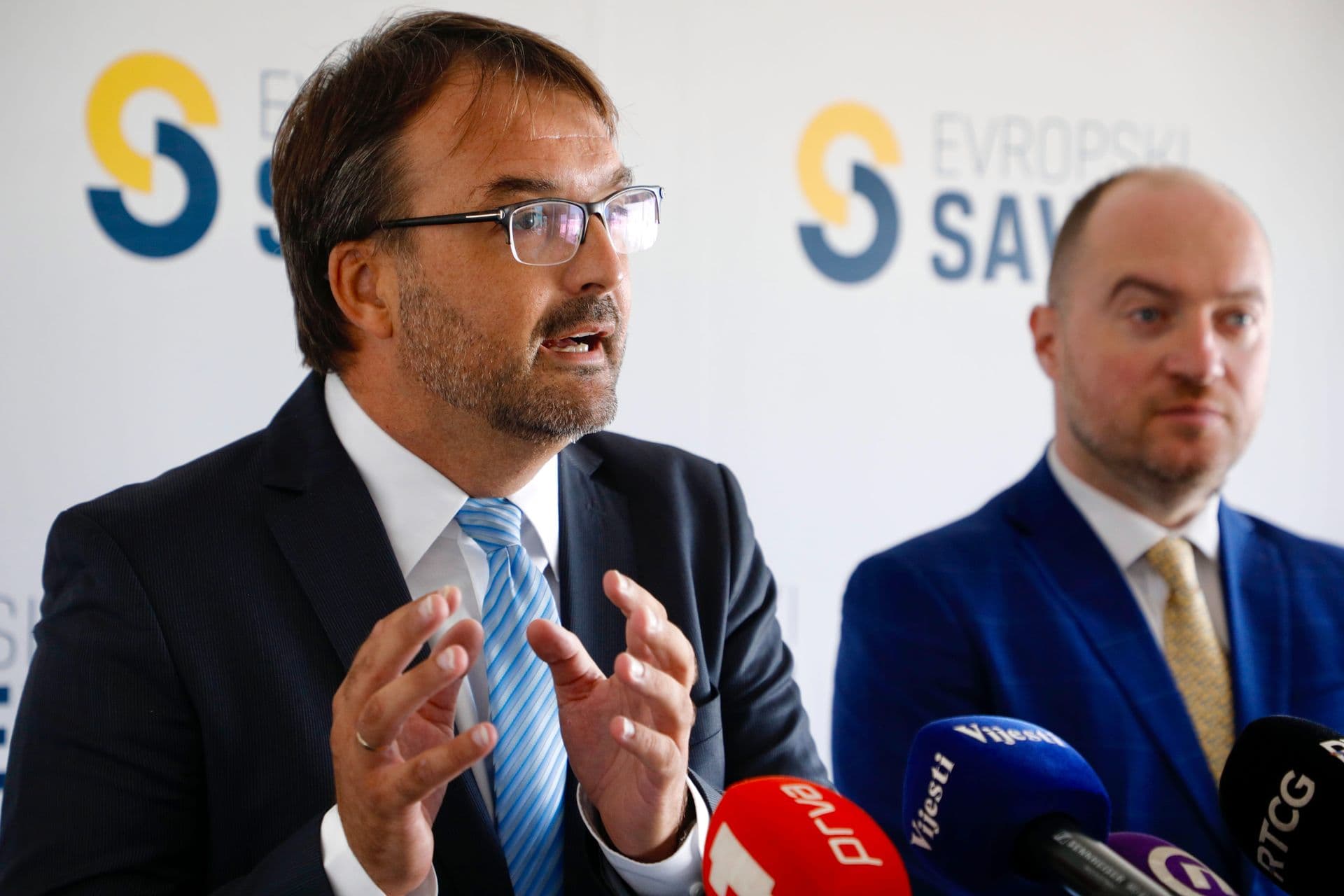Sports
Serbian Orthodox Church Plans Religious Education in Montenegro

Discussion surrounding the role of the Serbian Orthodox Church (SPC) in Montenegrin society has intensified following announcements regarding the Church’s plans to introduce religious education into the state education system. The Metropolitanate of Montenegro and the Littoral, led by Metropolitan Joanikije Mićović, confirmed preparations to implement this educational initiative.
Metropolitan Mićović stated, “We are training young theologians and priests to ensure we have enough qualified individuals to fill positions in primary and secondary schools once religious education is introduced.” He emphasized that this is a right that the state should not deny.
The announcement has drawn sharp criticism from Vatroslav Belan, the president of the Liberal Party and a leader within the European Union. Belan expressed concern over what he perceives as the long-standing strategic ambitions of the SPC in Montenegro. He remarked that the Church, as one of the most influential organizations in the country, is pursuing its agenda to fully control various societal aspects, transforming Montenegro into what he describes as its exclusive possession.
Belan articulated his concerns more vividly, suggesting that the SPC aims to assert authority in a manner akin to authoritarian regimes, influenced by external powers. “The Church’s vision is not aligned with developed liberal democracies,” he said, adding that the potential outcome could lead to a society dominated by authoritarianism, under the guise of religious authority.
He specifically referenced troubling statements made by SPC clergy. In light of the controversy surrounding the statue of Pavle Đurišić, a figure associated with wartime atrocities, a priest from the SPC remarked that “everything resembles 1945.” Belan criticized such sentiments, suggesting that they invoke negative historical connotations rather than the foundational teachings of Christianity.
Belan further argued that the proposed religious curriculum would not reflect the core principles of Christianity as taught by Jesus Christ. Instead, he fears it could perpetuate a narrative that glorifies violence and oppression. “There will be no mention of the foundations of Christian religion as preached by Jesus. Have any of you found a quote in the Gospels where Jesus expresses fondness for a butcher of women and children?” he questioned.
The core issue, according to Belan, lies not only in the Church’s plans but also in the state of Montenegro itself. He urged the government to foster an educational system based on modern scientific discoveries and knowledge, capable of resisting the SPC’s perceived ominous influence. “The question is whether Montenegro is preparing educators who can uphold secular and democratic values,” he stated, expressing a pessimistic outlook on the current situation.
Belan concluded with a call to action for the citizens of Montenegro. He urged them to shift towards a more secular, civil, anti-fascist, and emancipated society. “Today, the answer seems bleak, but we must decisively and courageously turn our reality toward a better future for Montenegro,” he said during his interview with ETV. The ongoing debate highlights the complexities of balancing religious influence and secular governance in Montenegro’s evolving societal landscape.
-

 Health3 months ago
Health3 months agoNeurologist Warns Excessive Use of Supplements Can Harm Brain
-

 Health3 months ago
Health3 months agoFiona Phillips’ Husband Shares Heartfelt Update on Her Alzheimer’s Journey
-

 Science2 months ago
Science2 months agoBrian Cox Addresses Claims of Alien Probe in 3I/ATLAS Discovery
-

 Science2 months ago
Science2 months agoNASA Investigates Unusual Comet 3I/ATLAS; New Findings Emerge
-

 Science1 month ago
Science1 month agoScientists Examine 3I/ATLAS: Alien Artifact or Cosmic Oddity?
-

 Entertainment2 months ago
Entertainment2 months agoLewis Cope Addresses Accusations of Dance Training Advantage
-

 Entertainment5 months ago
Entertainment5 months agoKerry Katona Discusses Future Baby Plans and Brian McFadden’s Wedding
-

 Science1 month ago
Science1 month agoNASA Investigates Speedy Object 3I/ATLAS, Sparking Speculation
-

 Entertainment4 months ago
Entertainment4 months agoEmmerdale Faces Tension as Dylan and April’s Lives Hang in the Balance
-

 World3 months ago
World3 months agoCole Palmer’s Cryptic Message to Kobbie Mainoo Following Loan Talks
-

 Science1 month ago
Science1 month agoNASA Scientists Explore Origins of 3I/ATLAS, a Fast-Moving Visitor
-

 Entertainment4 months ago
Entertainment4 months agoMajor Cast Changes at Coronation Street: Exits and Returns in 2025









